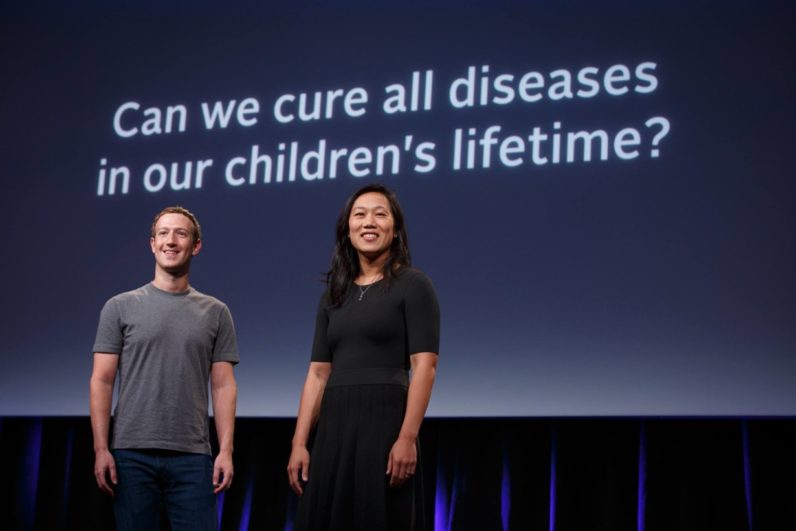Recently, Mark Zuckerberg and his wife, Priscilla Chan presented an initiative called CZI Science, now included amongst several of their other enterprises. This one in particular, aims to eradicate all diseases by the next century. The goal seems almost unlikely, incredibly bold and ambitious. It should be noted that the definition of diseases is constantly changing, so no single number would be accurate beyond a few days.
However, such information won’t bring them down, because in ten years the charitable organization vowed to donate $3 billion in funding for necessary research to be conducted in collaboration with Stanford, University of California, and University of California San Francisco, who throughout this association, will introduce a ‘BioHub. The Hub shall be a $600 million research facility to gain insight on how to achieve the aspiring goal.
The Hub will include its own staff researchers and tools necessary for conducting further studies. CZI Science can instantly start finding solutions to some of our most urgent issues.
Mark discussed on the stages to be used to transform the program from a vision to reality. In simple terms, by bringing together scientists and engineers, building tools and technology, growth and finally funding. USA alone spends billions of dollars, treating those who are sick, instead of providing an infinite cure that’ll ensure people won’t don’t contract diseases in the first place. This was a matter addressed by the power couple who hope to one day achieve a medical miracle. “We can do better than that,” Zurkerburg said.
Being a large scale movement, the program would need more than a little finance; extensive research and funding are required. The power couple’s $45 billion pledge to philanthropic efforts should however be sufficient.
As stated by Zuckerburg, CZI Science seeks to bring together the best professionals in the field from all over the world, something called ‘challenge networks’, where experts will attempt to tackle urgent matters. They’ll do this by researching on cell types and structures found in the human body to find answers. “Nobody really knows how many cell types there are in the human body,” said Stanford’s Stephen Quake. Further interrogation of singular cell sequencing technology and genome editing could lead to breakthroughs in treatment for several diseases, including cancer, diabetes and dementia.




